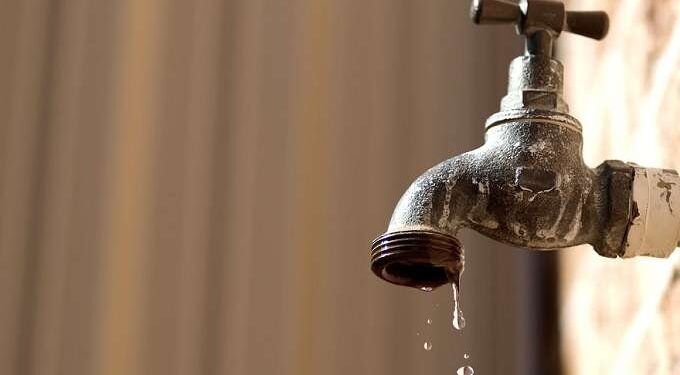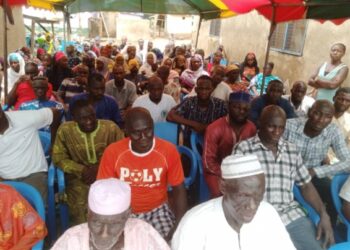As the December 7 general election draws closer, the electorates in the Kpone- Katamanso Constituency in the Greater Accra Region are making it clear that they will not be swayed by money from politicians.
Instead, they are demanding concrete action on essential services, specifically the consistent supply of water, before they cast their votes.
Historical Context of Kpone-Katamanso
The Kpone-Katamanso Constituency has been a stronghold of the National Democratic Congress (NDC) since 1992. Beatrice Love Naa-Afieye Ashong won the seat for the NDC in 1996 and retained it in 2000, overcoming five other contestants. In 2004, Joseph Nii Laryea Afotey Agbo took over and served four terms.
Over the years, the NDC has seen varying degrees of competition from the New Patriotic Party (NPP). In 1996, the NDC secured 7,901 votes (59.50%), while the NPP received 2,609 votes (19.60%). However, the NPP has been steadily closing the gap in subsequent elections. In 2016, the margin narrowed significantly, with the NDC securing 30,541 votes and the NPP 27,001 votes, a difference of just 5%.
The 2020 Election
In the 2020 election, Joseph Akuerteh Tettey of the NDC won against Hopeson Yaovi Adorye of the NPP. Tettey secured 51,755 votes (55.33%), while Adorye received 39,546 votes (42.27%). This year, Joseph Akuerteh Tettey will be running again for the NDC, while William Asante is the candidate for the NPP.
Voter Demands
With five months to the election, the constituents of Kpone-Katamanso are voicing their dissatisfaction with the current state of essential services, particularly the irregular water supply.
They have made it clear that they will only vote if water begins to flow consistently from their taps. This stance underscores a growing sentiment among voters that tangible improvements in living conditions are more important than financial inducements.
Political Stakes
For both the NDC and the NPP, the upcoming election is crucial. The NDC aims to maintain its long-held seat, while the NPP seeks to capitalize on the momentum gained in recent elections to take over the constituency.
The demand for reliable water supply puts additional pressure on both parties to address the immediate needs of the voters.
Conclusion
As the December 7 election approaches, the constituents of Kpone-Katamanso are making their voices heard. Their insistence on improved water supply as a condition for their votes highlights a broader demand for accountable and effective governance.
The response of the NDC and NPP to these demands will likely play a significant role in determining the outcome of this closely contested constituency.







